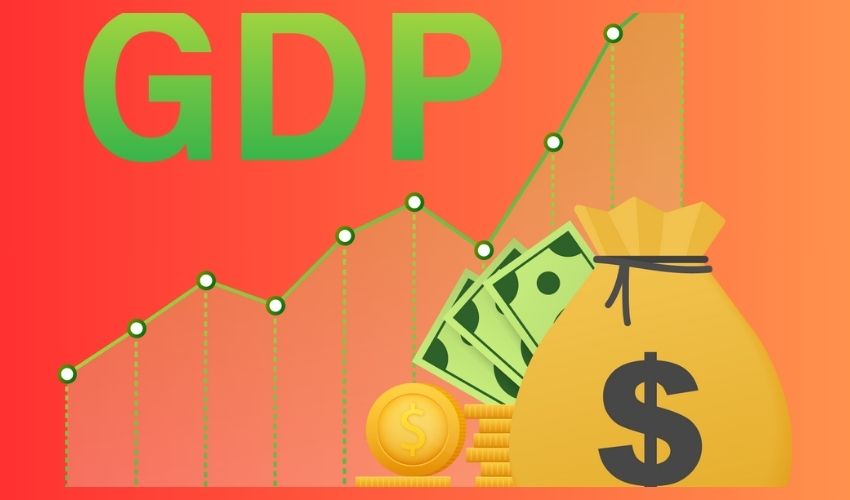Pakistan's economy is expected to rebound in the coming fiscal year but significant challenges remain, according to a new report by the World Bank.
The report projects that real Gross Domestic Product (GDP) growth will reach 1.7% in FY24 and 2.4% in FY25. It is based on the assumption that the government implements its International Monetary Fund (IMF) program, secures new external financing, and continues to tighten fiscal policy.
However, the report warns that growth is likely to remain below potential over the medium term and that the economy will remain vulnerable to domestic and external shocks.
The report highlights the following key challenges:
- High inflation: Inflation is at record highs in Pakistan, and is expected to remain elevated in the near term.
- Widening current account deficit: The current account deficit is expected to widen in the near term due to limited easing of import restrictions and higher domestic energy prices.
- Weaker currency: The Pakistani rupee has depreciated significantly in recent months and is expected to remain under pressure.
- High public debt: Public debt is at a high level and interest payments are consuming a growing share of government spending.
- Political uncertainty: Political uncertainty is a major risk to the economy.
The report recommends a number of reforms to address these challenges:
- Comprehensive fiscal reforms: This includes reducing tax exemptions, broadening the tax base, and improving the management of public debt.
- Improved public expenditure: This includes reducing distortive subsidies, improving the financial viability of the energy sector, and increasing private participation in state-owned enterprises.
- Strengthened debt management: This includes improving institutions and systems and developing a domestic debt market.
The report also calls for boosting private sector investment and seizing opportunities created by the global energy transition.



























